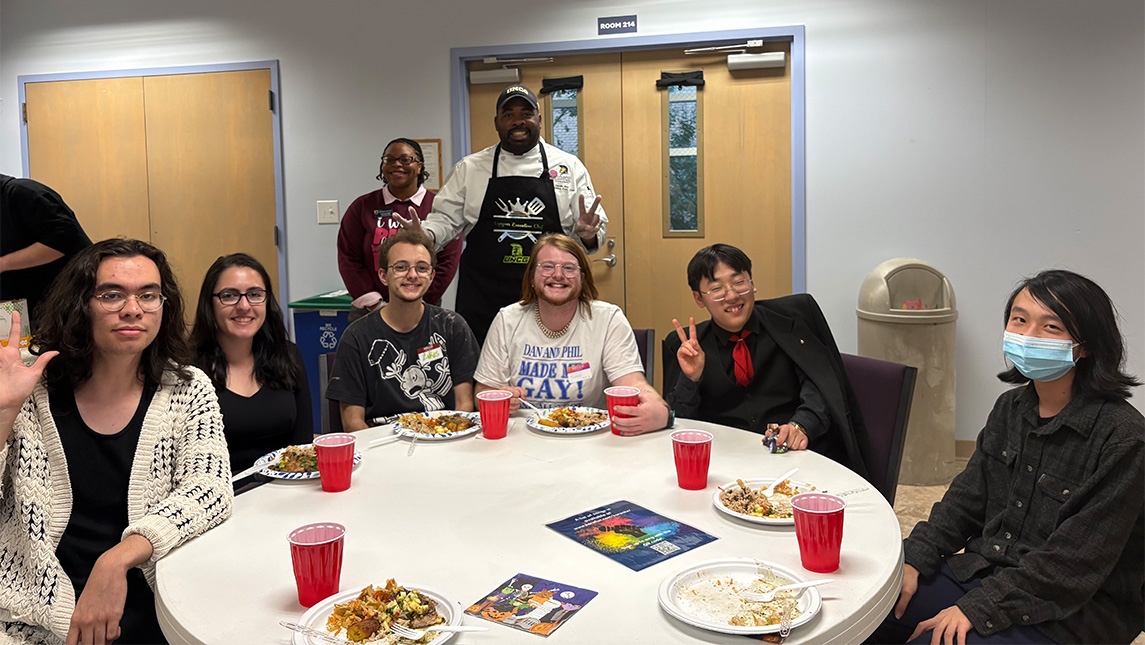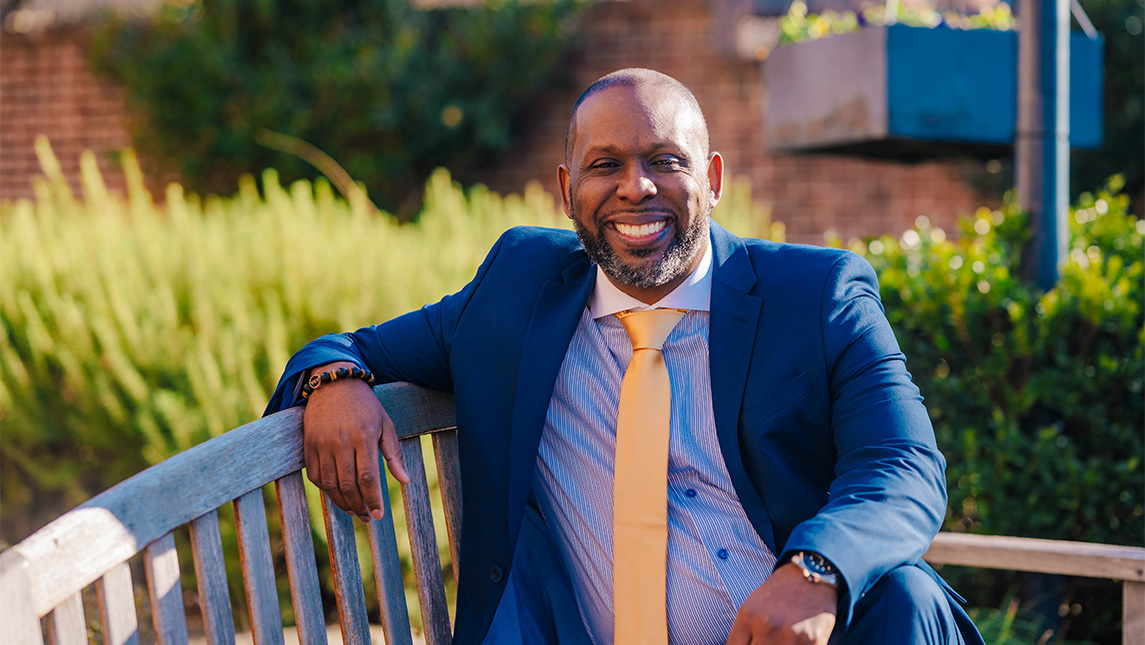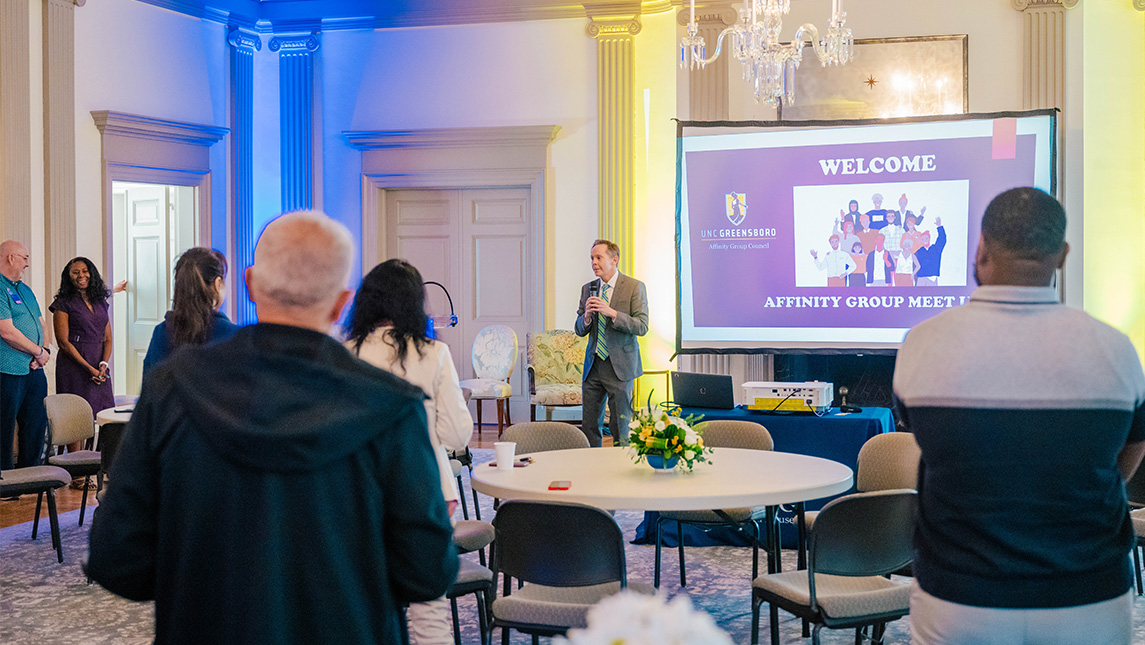During the 2024 election cycle, University employees should be well informed about their individual rights and official responsibilities.
University System policy 300.5.1 prohibits University employees from engaging in political campaign activity using University resources (e.g. work time, University spaces, email accounts, official websites and communications channels). The Political Activities guidance (below) provides additional information on various situations that employees may encounter. Please note that these protocols are specific to employment-related duties/settings and therefore do not impact the right to free expression outside of one’s official obligations in their role with the University; it also does not apply to the right of students/student organizations to engage in sponsorship of political campaign events and/or authorized nonpartisan activity.
Political Activities Guidance
Here are a few reminders for University employees about engagement in political activity. These provisions apply explicitly to the use of public resources (including the University’s name) in support of, or in opposition to, partisan political campaigns. They are not intended to limit discussion among faculty, administrators, and other State employees regarding political or campaign issues or candidates or to limit debates at which candidates have equal time. Anyone can support a candidate on any University property that has been designated as a free speech zone.
- No employee may engage in political activity during work time or using University resources. Political activity includes any action directed toward the success or failure of a candidate, political party, or partisan political group. This includes campaigning and/or taking an active part in managing a campaign. In general, employees may not use their position or University resources to secure support for, or to oppose, a candidate or issue in an election in which candidates for office or party nominations are involved. No employee may coerce, promise preferential treatment of, or threaten detrimental treatment of any member of the UNCG community – faculty, staff, or student – in relation to supporting or contributing to a political candidate, political committee, or political party.
- Community service leave may be used only for working inside a polling facility in a non-partisan, unpaid role, such as assisting voters with the voting process. If an employee is receiving any payment for such activities or is standing outside the polling facility to distribute candidate information, then vacation/bonus leave or available comp time must be used.
- Time spent voting may not be recorded as work time. Supervisors may allow employees to use available vacation/bonus leave or comp time for hours missed during the employee’s regular work schedule for voting purposes. Supervisors also may provide employees a flexible work schedule so that they can make up missed time due to voting within the same work week.
- Each member of the University community has the right to freely express their views on any subject, including advocacy for/against candidates for public office, so long as the activity is in compliance with the provisions referenced above.
- Due to potential conflicts of interest or time, all EHRA employees (Faculty and EHRA Non-Faculty) becoming candidates for or holding political offices must follow established policy regarding disclosures and approvals of political activity.
If you have questions, please contact Nikki Baker at 336.209.1643 or nmwilson@uncg.edu.












